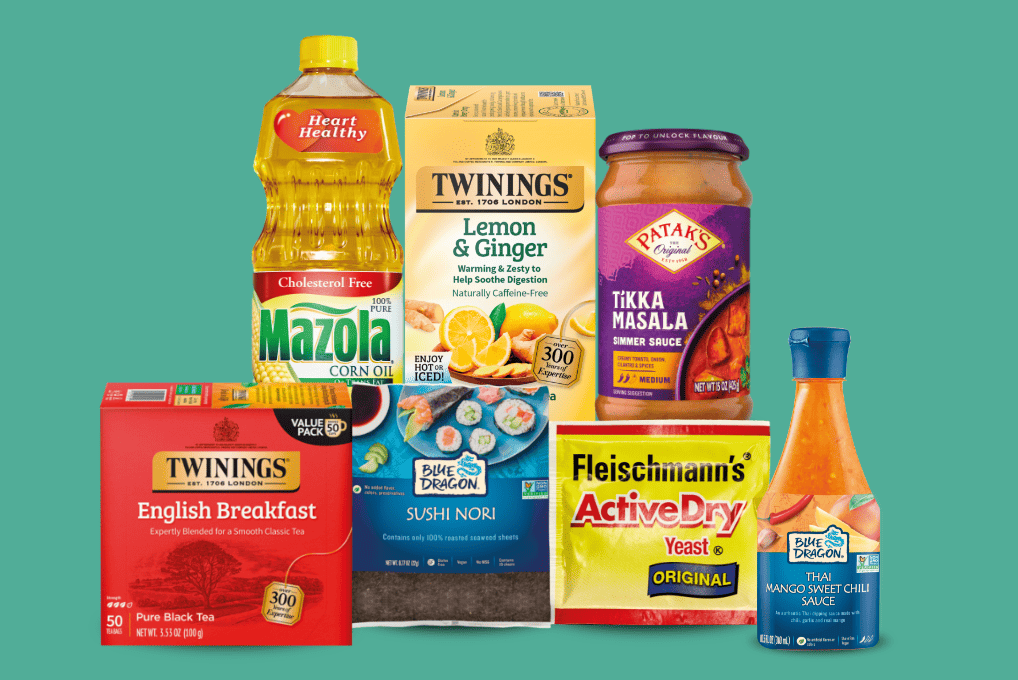Many investors consider Associated British Foods (LSE:ABF) shares to be a play on Primark. They can perhaps be forgiven, considering that news on the FTSE 100 company tends to centre around its value clothing chain.
This isn’t a surprise given how critical Primark is to the group’s bottom line. During the 16 weeks to 6 January, some 49% of Associated British Food’s revenues came from its retail operations.
But on the other side of the coin, this means more than half of group sales come from elsewhere, as shown below.
| Division | Proportion of group sales |
|---|---|
| Retail | 49% |
| Grocery | 21% |
| Sugar | 12% |
| Ingredients | 10% |
| Agriculture | 8% |
I believe this strength in depth makes Associated British Food, or ABF, one of the best FTSE stocks to consider buying today.
Brilliant brands
As usual, trading news from Primark stole the show in ABF’s latest financial update on Tuesday. Higher average selling prices meant retail sales rose 7.9% at constant currencies in the first quarter.
But there were also impressive results at the firm’s other divisions. At Grocery — its second-most-important unit by sales — turnover increased 5.4% at stable exchange rates. ABF said that “our US-focused brands… continued their strong performances from last year“, and added that its Twinings teas also “traded well” across the board.
The FTSE company has a wide stable of beloved food brands. These include Jordans cereals, Ovaltine powdered beverages, and Kingsmill bread.

Despite the threat of private label competition, these multinational and local brands remain highly popular with consumers, as the numbers above show.
In fact I think they’re worth their weight in gold. Their excellent brand power mean they remain in high demand even when consumers are feeling the pinch. ABF can even raise their prices during tough times, mitigating the problem of higher costs and helping the firm to grow earnings.
Encouragingly, demand for these products is shooting higher in international markets too, and especially in the US. Twinings, for instance, is the fastest-growing tea brand in the US, and is the top selling tea brand on Amazon.
On the downside, margins here aren’t as impressive as those of ABF’s rivals. Analysts at Liberum note that ABF’s Grocery EBITDA margin of 15% comes in below a peer group average of 20%. But the business is investing heavily in its global production facilities to pull this number higher.
Sweet as sugar
On top of Retail and Grocery, ABF’s Sugar division — where first-quarter sales leapt 13% at stable currencies — also contains significant earnings potential looking ahead. Indeed, an improved UK sugar beet crop means divisional production is tipped to be “significantly above” levels recorded last year.
The long-term outlook here is also very exciting. Around 40% of sugar revenue comes from Africa, a region where sales should rise strongly as personal income levels improve. A stabilising European market will also boost profits here, as will project investment initiatives to bolster margins.
ABF is expected to grow earnings by 22% in this financial year (to September 2024). This leaves its shares trading on a price-to-earnings growth (PEG) ratio of just 0.6.
With any reading below one indicating that a stock could be undervalued, I’ll be looking to add the FTSE stock to my own portfolio at the next opportunity.








